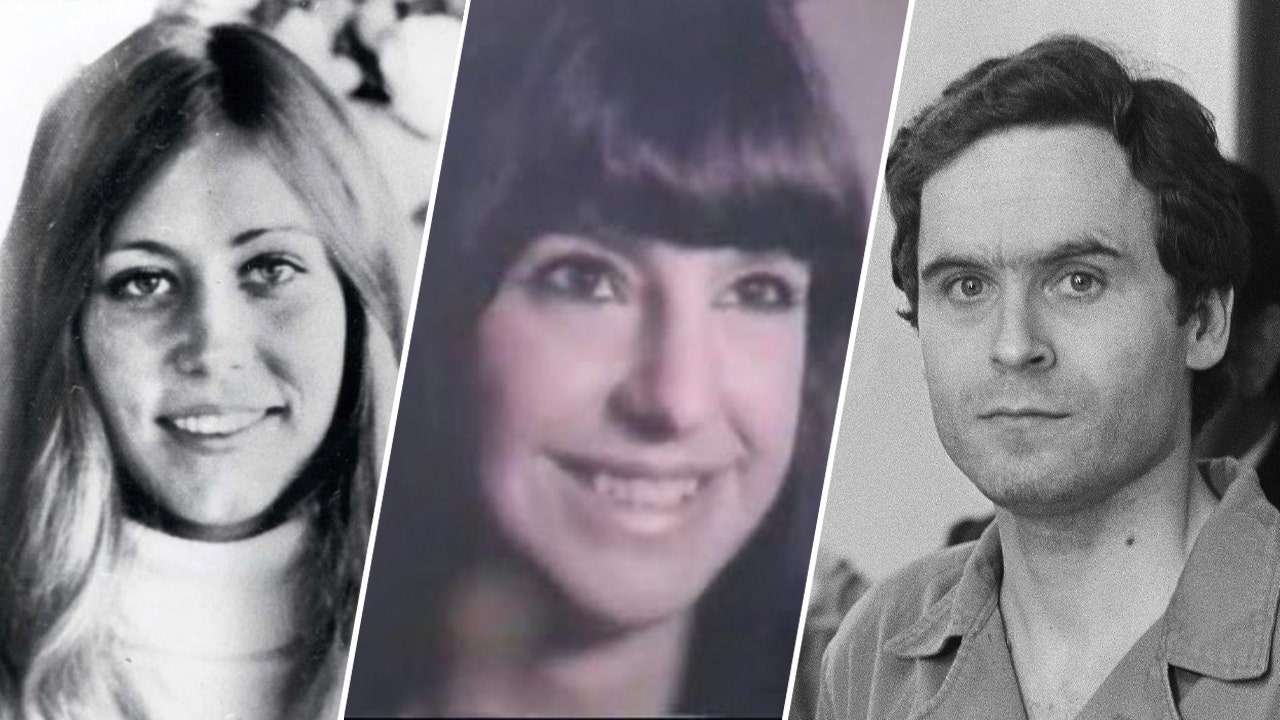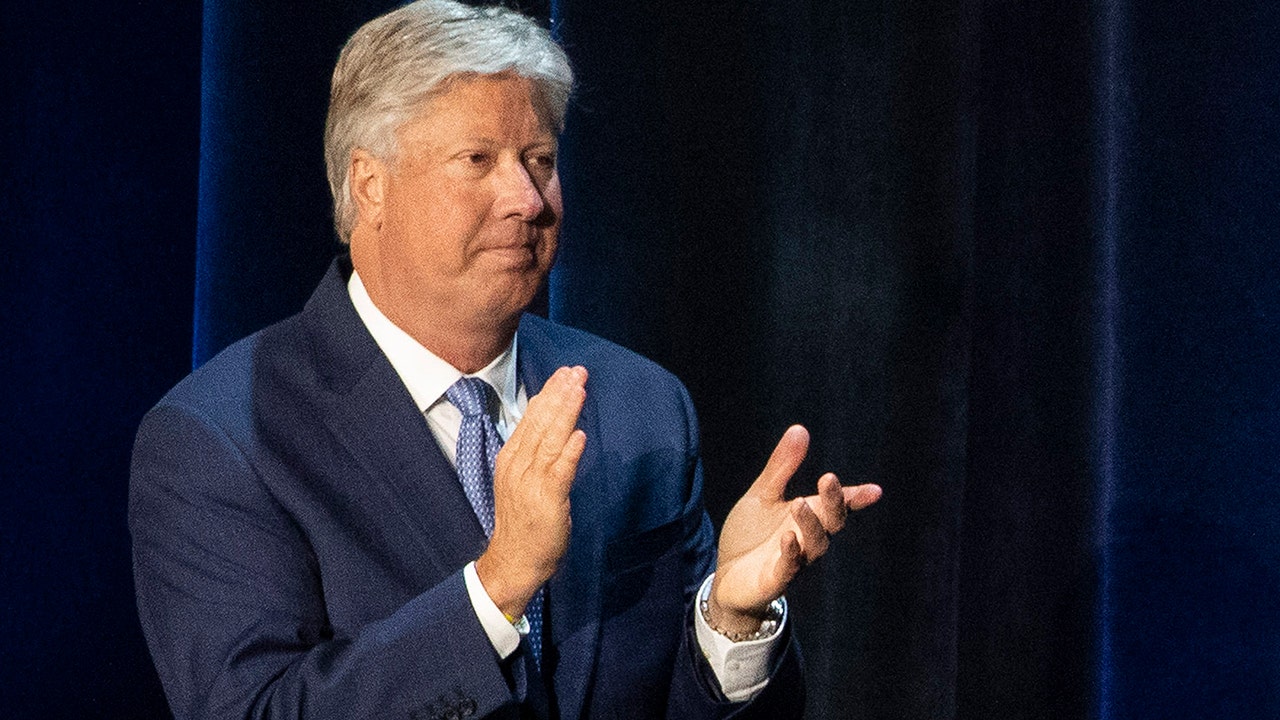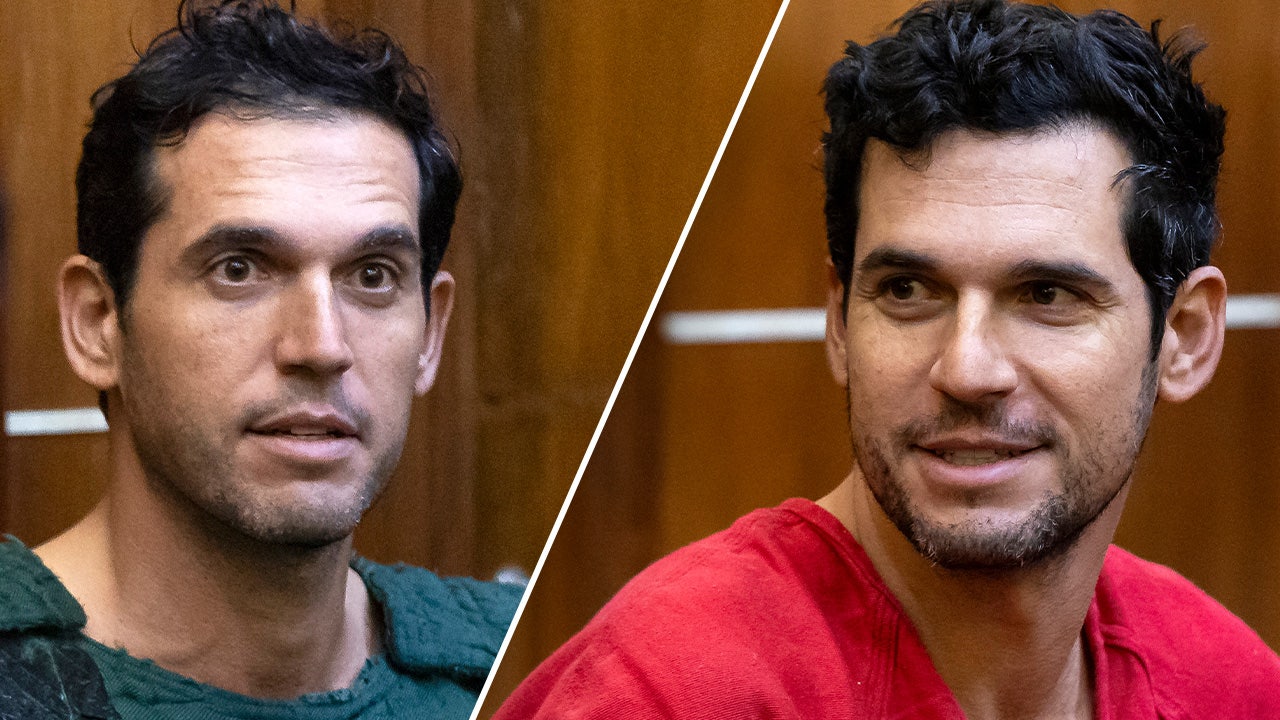Every time I write, as I did last week, that I don’t think anti-Zionism is necessarily antisemitic, I get emails from Jewish readers that are angry, disappointed or sometimes simply baffled. “Israel is the political entity through which the Jewish people exercises its natural right of self-determination and control over its own fate,” said one typical recent message. “How is singling out the Jewish people to deprive it of those rights not antisemitic?”
To answer this question fully would take more than a single column, but I want to make a brief attempt, because lately, in reaction to the grotesque suffering in Gaza, two ugly, intertwined trends are gaining steam. Well-intentioned opponents of Jewish nationalism, some Jewish themselves, are being falsely smeared as antisemites. At the same time, antisemitism is cloaking itself in anti-Zionism, with people spitting out the word “Zionist” when they really seem to mean “Jew.”
My own views on Zionism are ambivalent and conflicted. I’m a secular Jew with no particular attachment to Israel, spiritual or otherwise, though I also recognize that my ability to hold myself aloof from the country is enabled by the great privilege of an American passport. I think the idea of Israel as a colonial entity that will eventually be dismantled is a malign fantasy — most Jewish Israelis don’t have anywhere else to go — but I also recognize that the country’s creation can’t be disentangled from the dispossession of the Palestinians.
Yes, as Zionists often point out, Palestinians were far from the only people made refugees as maps were redrawn in the wake of World War II. After Israel’s creation, more Jews were uprooted from Arab and Muslim countries than Arabs expelled from their homes in historic Palestine. It is not Israel’s fault that some of its neighbors kept displaced Palestinians as stateless refugees rather than integrating them as full citizens. But I could never blame a Palestinian for thinking it obscenely unfair that I have a right to “return” to a country to which I have no family connection, while Palestinians who lost their homes in 1948 do not.
I also understand why many Jews, the survivors of millenniums of attempts to destroy them as a people, put their need for national self-determination above other, competing values. But one needn’t hate Jews to make a different moral calculus.
Right now, the relentless growth of settlements in the West Bank has created a one-state reality on the ground, although one in which people have very different rights and freedoms depending on their ethnic and religious background. There are people of good will who think the way out of this insupportable situation lies in the fight for equal democratic rights in a single state for everyone living in the territory between the Jordan River and the Mediterranean Sea. “It is time for liberal Zionists to abandon the goal of Jewish-Palestinian separation and embrace the goal of Jewish-Palestinian equality,” Peter Beinart wrote in Jewish Currents in 2020.
The idea of a binational state appeals to my belief in democracy and multiculturalism, but in practice I fear it would be a disaster that would devolve into a horrific civil war. (It’s hard enough for the Flemish and Walloons to manage sharing a state in Belgium.) Yet as long as the status quo is intolerable and the two-state solution favored by liberals like me seems far out of reach, it is understandable that idealists will grope for an alternative.
That said, I can’t fault Jews who see, in the mounting demonization of Zionism, the replay of an old and terrifying story. After all, anti-Zionism isn’t always antisemitism, but sometimes it is. And right now, some opponents of Israel seem to be trying to prove that the mainstream Jewish community is right to conflate them.
An Israeli American student at the University of California, Santa Barbara, sent me a photo of graffiti reading “Zionists not welcome,” with an arrow pointing to a mezuza hung in a dorm room doorway. In San Francisco, where artists and activists have insisted that the influential Yerba Buena Center for the Arts purge “Zionist board members and funders,” the center’s Jewish chief executive resigned last week, citing a “vitriolic and antisemitic backlash directed at me personally.”
Plenty of leftists will swear up and down that they’re not being antisemitic when they use “Zionist” as the most contemptuous of epithets. A Salt Lake City bar owner who has banned “Zionists” from his establishment insisted, on Instagram, that Zionism “has nothing to do with the beautiful Jewish faith.”
But the vast majority of Jews disagree, and the longing for a return to Israel is deeply intertwined with Jewish religious practice; rituals for the two most important Jewish holidays, Passover and Yom Kippur, culminate with the words “next year in Jerusalem.” There is a long history of Jews being asked to excise what they see as crucial parts of their identity as a condition of acceptance. There is an equally long history of such acceptance, if it’s granted at all, being fleeting.
As I write this, the literary magazine Guernica is having a meltdown over a searching essay written by Joanna Chen, a British Israeli translator of Hebrew and Arabic poetry, about trying, after Oct. 7, to “tread the line of empathy, to feel passion for both sides,” and finding meaning in driving Palestinian children to Israeli hospitals. Nothing in Chen’s writing suggests anything but horror at the carnage being visited on civilians in Gaza, but the piece nevertheless occasioned mass resignations from Guernica’s all-volunteer staff; the magazine’s former co-publisher called it “a hand-wringing apologia for Zionism.”
In a cowardly move, Guernica retracted the essay and issued regrets for having published it. On parts of the left, at this fanatically Manichaean moment, Jews, especially Israeli Jews, are allowed their humanity only if they’re willing to explicitly reject the collective. Few other peoples are subject to similar expectations.
The analogy is imperfect, but I’d compare left-wing demands that Jews disavow Zionism to right-wing demands for Muslims to renounce Shariah. There’s nothing wrong with opposing the authority of religious law or criticizing how Shariah is applied in parts of the Muslim world. But treating Muslims as suspect if they won’t break with their own traditions is obviously Islamophobic.
After years of arguing that the intention behind offensive words matters less than their effects, leftists should be equipped to bring a bit of subtlety and sensitivity to discussions of Jews and Zionism. Refusing to do so does nothing to help Palestinians. It just convinces too many Jews that cries for Palestinian liberation are a threat.






